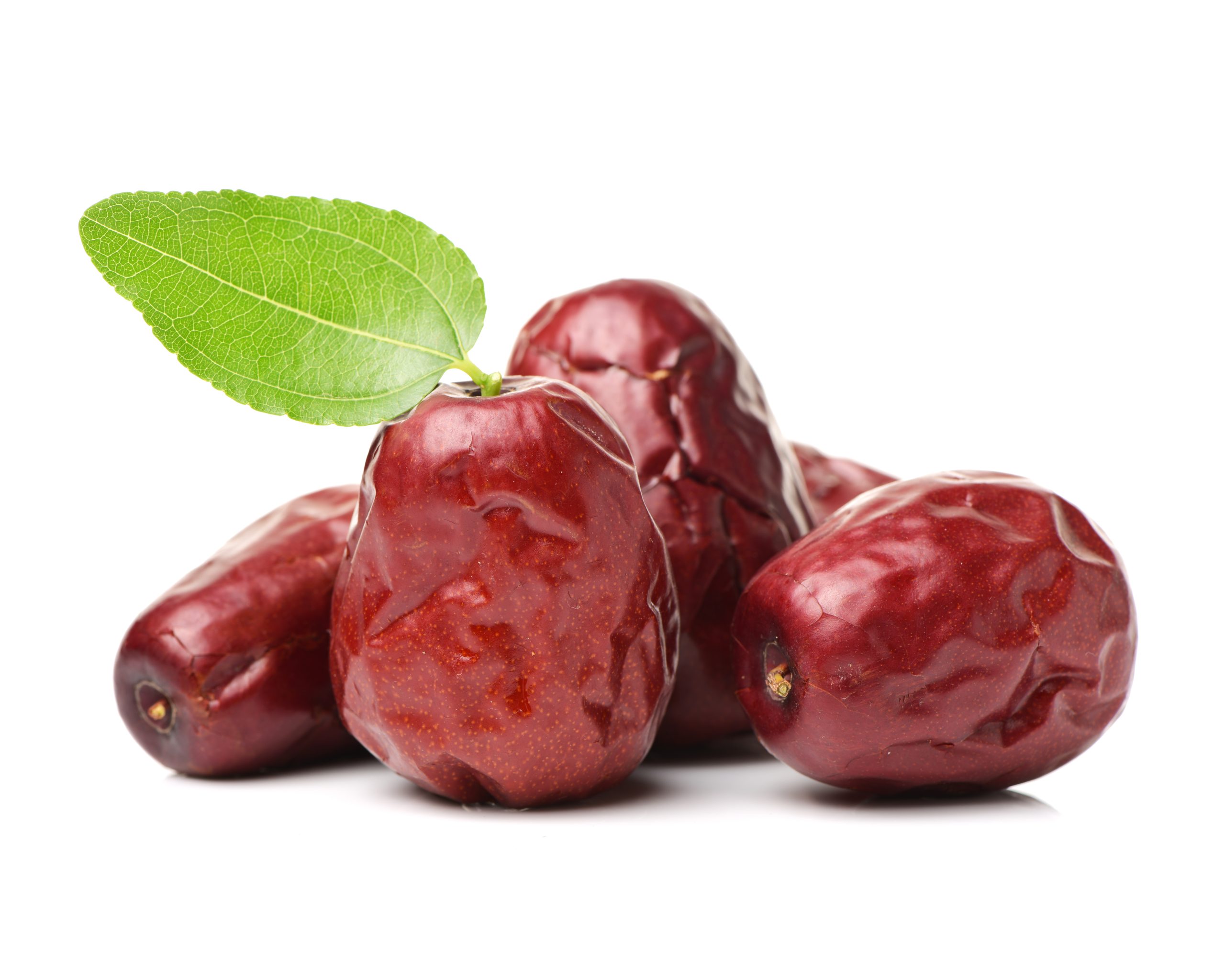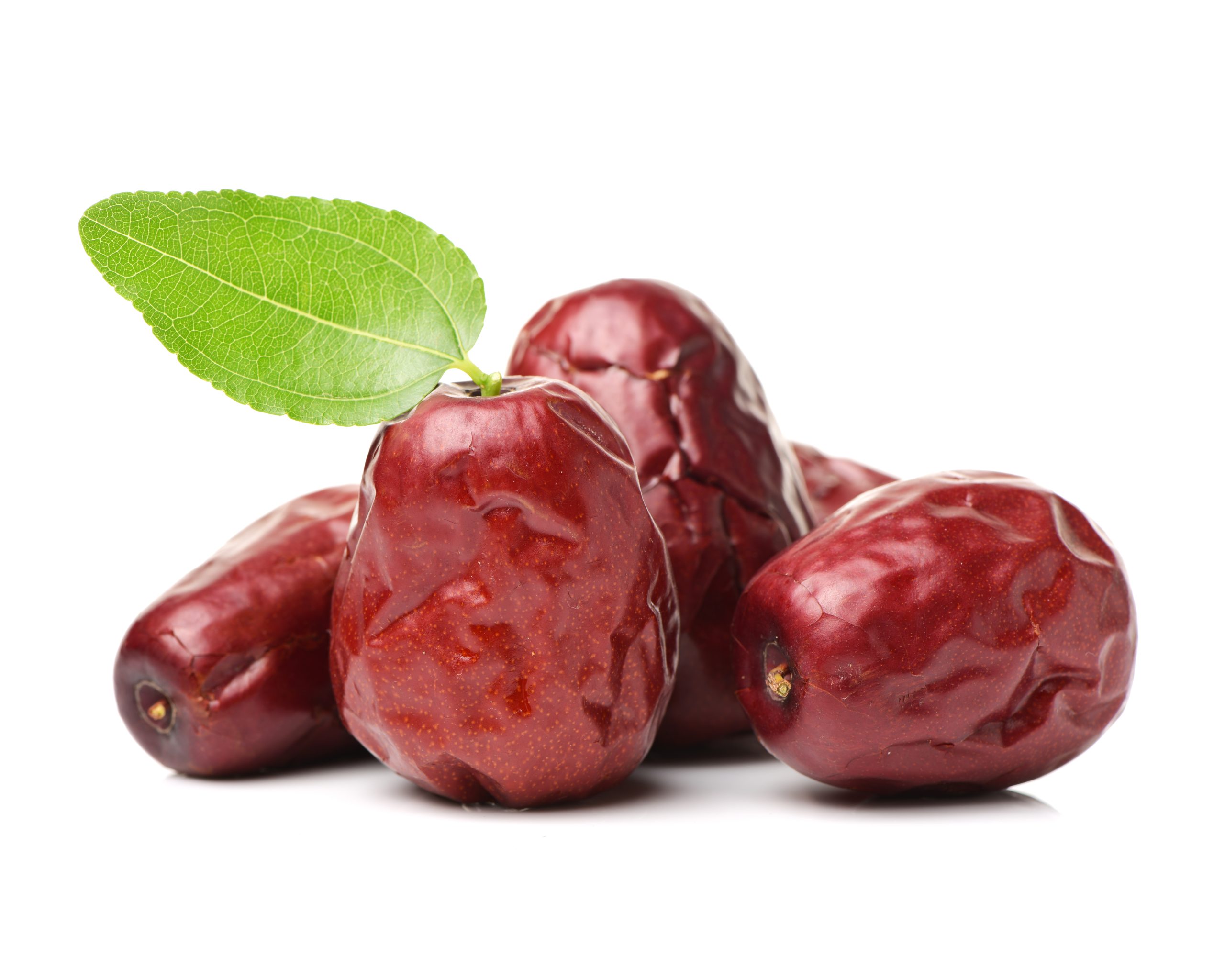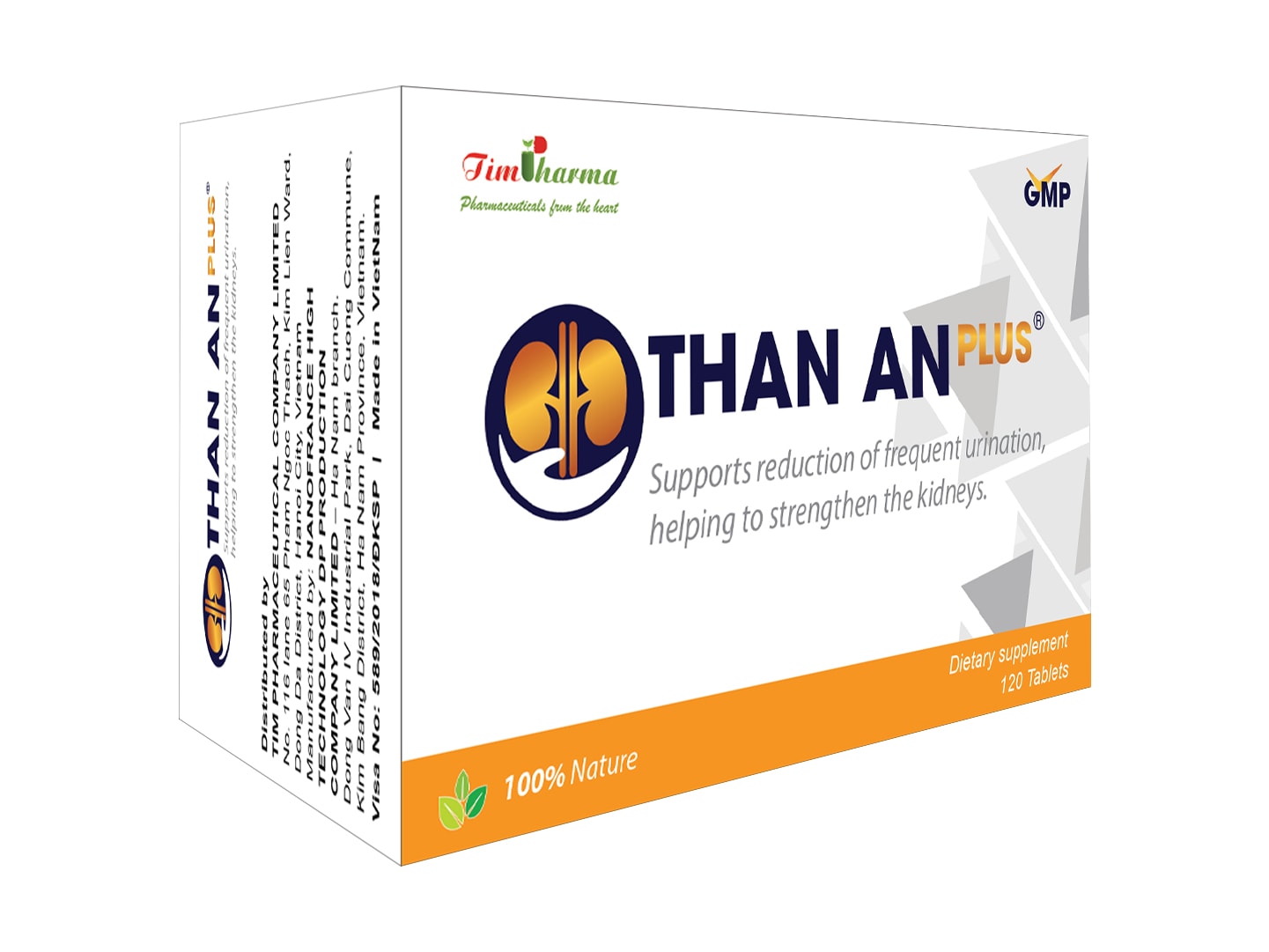MEDICINAL HERBS
The benefits of Jujube (Zizyphus jujuba)
Ziziphus jujuba Mill. , also known as Chinese jujube or red date, belongs to the Rhamnaceae family. It is a fruit-bearing tree native to China and has been cultivated for thousands of years for its edible fruit and medicinal properties. Z. jujuba trees can grow up to 10 meters tall, with a rounded or spreading canopy. The fruit of Z. jujuba is a small, round, or oblong drupe that is reddish-brown when ripe. It has a sweet, apple-like flavor and a chewy texture. Jujube fruit has been used in folk medicine for 4000 thousand years and was recorded as an excellent herbal medicine serving to improve sleep quality, eliminate toxins, and beautify skin, helping to promote blood circulation and calm the spirit. Based on modern pharmacological studies, jujube have various bioactivity, including antioxidant, anti-inflammatory, anticancer, anti-hyperglycemic, anti-hyperlipidemic, immunomodulatory, sedative, and neuroprotective
Benefits of Zizyphus jujuba:
- Antioxidant activity: jujuba contains various antioxidant compounds, including flavonoids, phenolic acids, and vitamins. These compounds have been shown to scavenge free radicals and other reactive oxygen species (ROS). Besides, a flavonoid extracted from Z. jujuba is a natural antioxidant that can increase the activity of superoxide dismutase (SOD) and glutathione (GSH) in the liver.
- Anxiolytic activity: Zizyphus jujuba has been used traditionally as a natural remedy for anxiety and insomnia.
- Antimicrobial activity: Zizyphus jujuba has been shown to have antimicrobial activity against various types of bacteria and fungi, including Staphylococcus aureus, Escherichia coli, and Candida albicans. This activity may be due to compounds such as flavonoids and triterpenoids, which have been isolated from the plant.
- Hepatoprotective activity: The liver filters toxins from the blood, but exposure to certain drugs, chemicals, and other substances can damage liver cells and impair liver function. Zizyphus jujuba has been shown to have hepatoprotective effects, which may help to prevent liver damage and improve liver function.
- Hypoglycemic activity: Zizyphus jujuba has been shown to have hypoglycemic effects in animal and human studies. These effects may be due to polysaccharides and flavonoids, which have been shown to improve insulin sensitivity and glucose uptake in cells.
- Anticancer activity: Zizyphus jujuba contains various bioactive compounds shown to have anticancer effects in vitro and animal studies. For example, one study found that a polysaccharide extract from Zizyphus jujuba inhibited the growth and metastasis of breast cancer cells in mice.
References
https://pubmed.ncbi.nlm.nih.gov/?term=Zizyphus+jujuba
Zizyphus jujuba is written in the book Medicinal plants and animals to produce drugs in Vietnam




MEDICINAL HERBS YOU MIGHT BE INTERESTED
The benefits of Lesser Galangal (Alpinia offcinarum)
The benefits of Golden eye-grass (Curculigo orchioides)
The benefits of Corn Silk (Zea mays)
The benefits of Asiatic Pennywort (Centella asiatica)